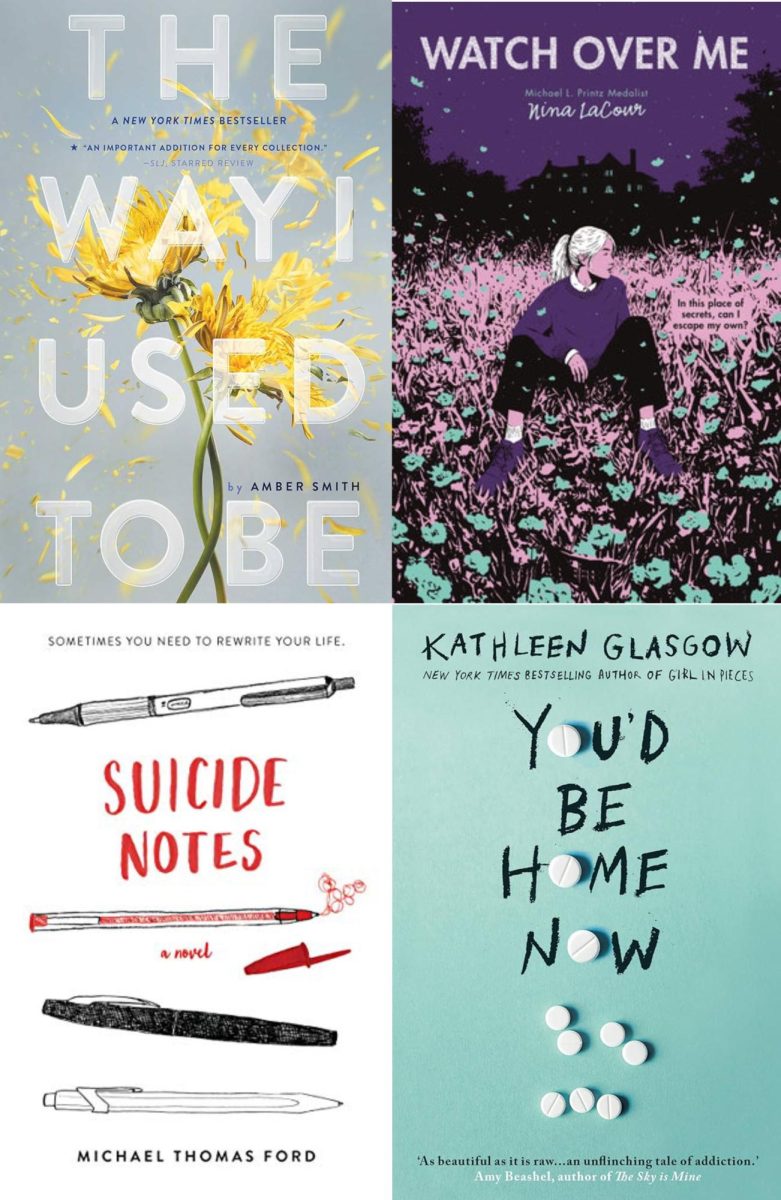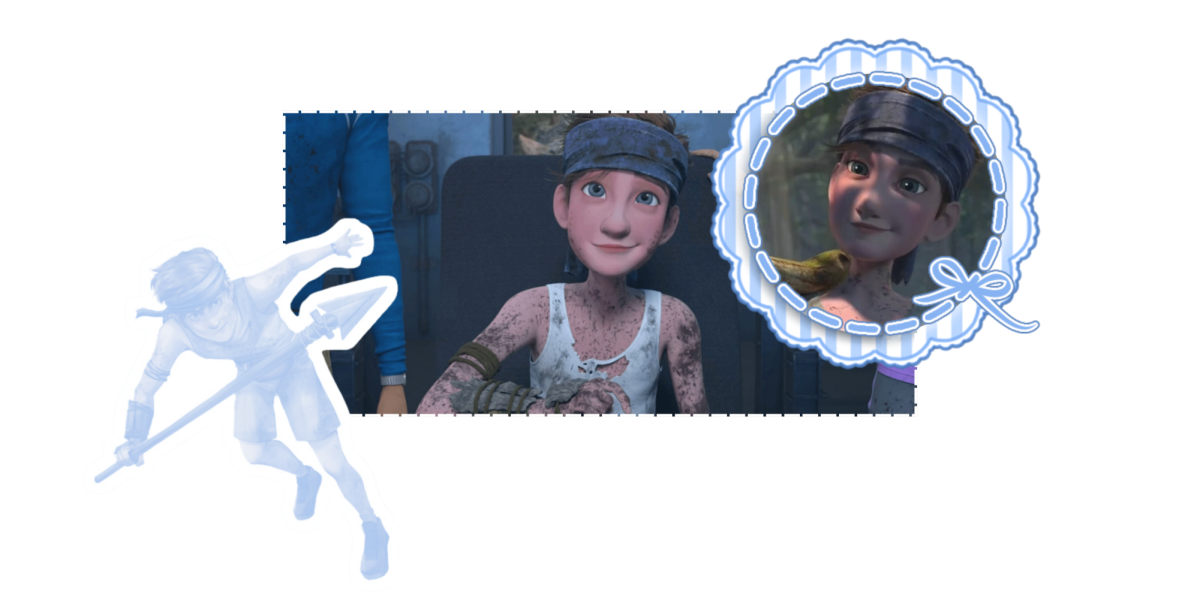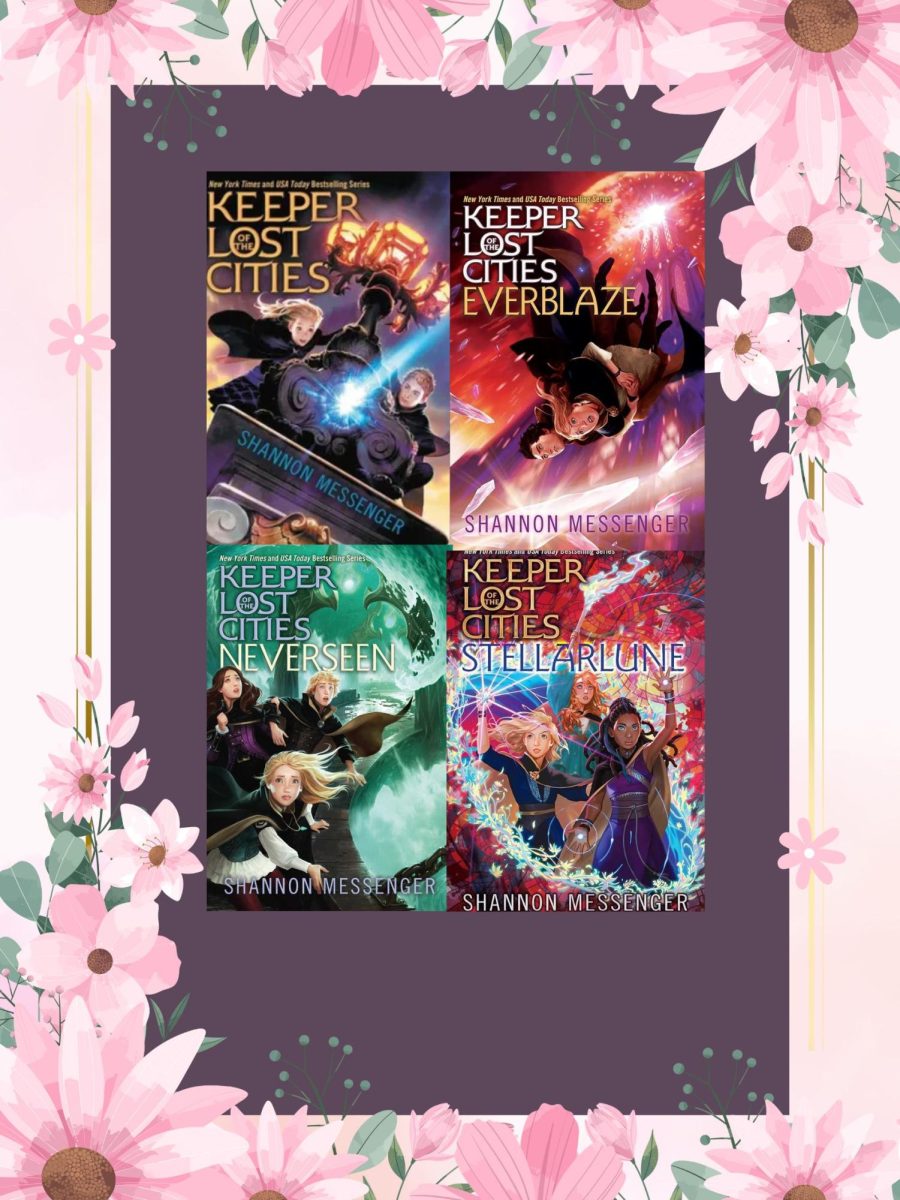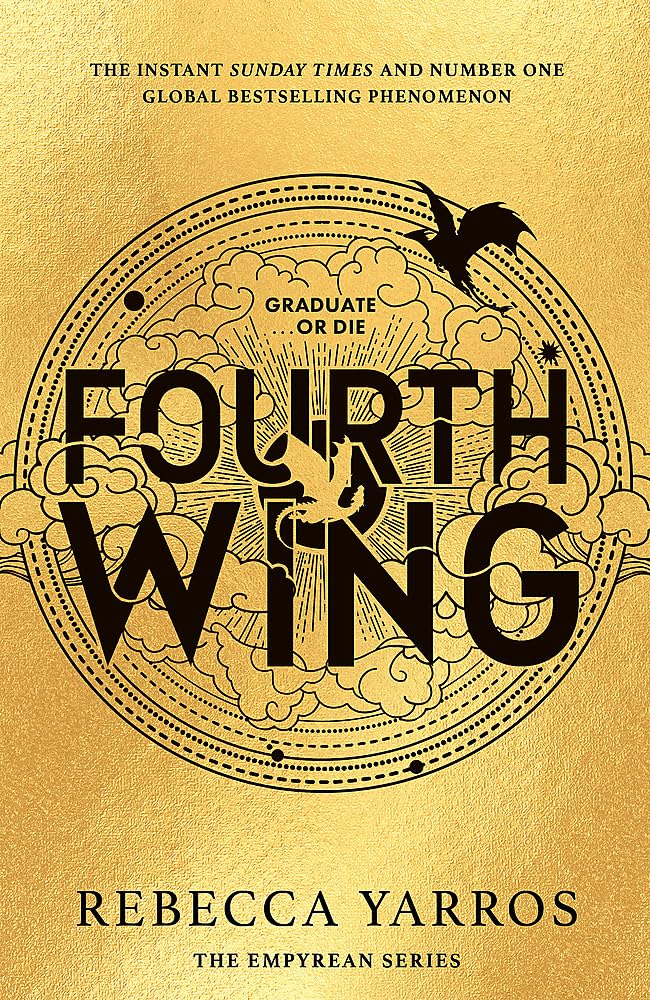Trigger warning: This article touches on heavy subjects, such as substance abuse, suicidal thoughts, sexual assault, and abuse. Remember, there are many resources available to help you. You should never have to hurt in silence. See your counselor or any trusted adult to access these resources.
Mental health is a common struggle among high school students. We often seek out comfort and understanding through media, such as songs, TV shows, movies, and books. Here is a list of books about teen mental health that have really spoken to me.
These contemporary fiction books have greatly impacted me emotionally. Some lines left me speechless, breathtaken by the pure raw emotion in them. They were all a beautiful read and absolute page turners. While they’re all works of fiction, they feel like reading about the emotions of real life people.
This article is written to raise awareness about mental health and to provide books that may comfort those who are struggling. It is also a reminder to be kind to people in our community, as you never know what somebody could be going through.
The Way I Used to Be (Amber Smith)
This book will expose you to the deep hidden vulnerability in long lasting hurt in silence. It follows the story of a high school girl struggling socially and making poor decisions after being assaulted by a close family friend. We can see her loneliness and isolation through her thoughts and actions. She often makes risky and dangerous decisions in order to give herself a false sense of control over her life and to convince herself that her trauma is not weighing her down.
The Way I Used to Be portrays trauma, self-isolation, and unhealthy coping mechanisms very honestly and realistically. It doesn’t water down how it affects the main character socially and emotionally for years. We see with her thought process and inability to explain what she is feeling to others.
This goes on until it breaks her; until her only choices are to risk it all by revealing her secret to the people she missed the most or to spend the rest of her life alone, smoking and drinking away all her pain.
A line that stood out to me was a thought she had from her inner monologue, “I’m trying so hard to just go back to my life. The way it used to be. The way I used to be.” You can truly see how much those moments in her life changed her, and I don’t think I’ve ever read anything quite like it.
Watch Over Me (Nina LaCour)
You can run from the ghosts of your past for as long as you want, they will always hunt you down. The only way to be free from your own self doubt is to accept yourself as you are.
Mila is about to age out of the foster system and take on a new job on a rather isolated farm. She spends most of the book believing she is a terrible person who is unworthy of the kindness of the people at the farm because of the terrible secret she hides. She misses her mother, she misses her grandparents, and while surrounded by people who can understand her and invite her to open up, she still feels alone.
She begins to see ghosts on the farm, the ghosts of a haunted past. She hides from them, she hides from her own past.
I love this book because of the metaphorical portrayal of trauma and healing through the ghosts haunting her past and her growth as a character. As a reader, you can see her grow from a reserved and afraid young girl into a loving person as she heals and finds herself in an accepting environment, all she needs to do is accept their kindness. “We have to face the things that scare us. It might be the only way to stop being afraid.”
Suicide Notes (Micheal Thomas Ford)
Your whole world changes when you’re met with kindness and understanding aside from coldness and disdain.
This book is about a sarcastic teenage boy waking up in a hospital bed after a fateful attempt on his life. When visited by social workers, he does not care to open up about what pushed him to this point. He stays reserved in his own irritation for the majority of his stay.
As he slowly grows closer with the other patients, he begins to develop more compassion towards them and to open up more. When a tragedy in the hospital occurs, he begins to reflect on his life and the choices that lead him to be where he is.
Suicide Notes shows the importance of compassion, how one choice can cost or save another person’s life, and how having someone by your side who understands changes everything.
Suicide Notes shows a lot of great character progression and development. The main character goes from being angry and bitter, hiding from his feelings and denying anything being wrong to opening up about being a lost and scared person to realizing that “no matter how bad things get, there are always people who love you.”
You’d Be Home Now (Kathleen Glasgow)
“The thing about being invisible is,” says Emory, the main character of Glasgow’s You’d Be Home Now, “You’d think it would feel light and airy and easy, no pressure, but it doesn’t. It’s the heaviest thing I’ve ever known.”
Emory has always been the forgotten daughter. Behind her overachieving sister and her troubled brother, she has always felt small by comparison. This only gets worse when her older brother returns from rehab after a tragic accident. She is afraid to return to school, afraid of being scrutinized for her relations to her brother, and she feels she has no one to turn to.
This book explores how family trauma and isolation within the home can consume someone’s whole life. Emory’s mother struggles with alcoholism and her father is addicted to smoking cigarettes. They’re both overworked and unsympathetic towards their son’s mental health struggles, pushing him towards addiction to stronger drugs. Throughout all this chaos within her home, Emory never feels seen and doesn’t get to develop a life of her own, always focused on keeping the unsteady peace in her home.
As she returns to school after her brother comes home from rehab, she is scrutinized and further isolated by her peers due to her relations with him. She tries to take comfort in her secret meetings with her next-door neighbor, but that only ends in disaster and heartbreak.
I love You’d Be Home Now because it portrays all the characters as flawed and human. None are evil or toxic – just struggling people doing their best in difficult circumstances.













